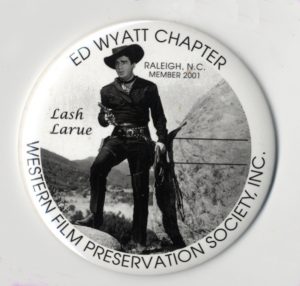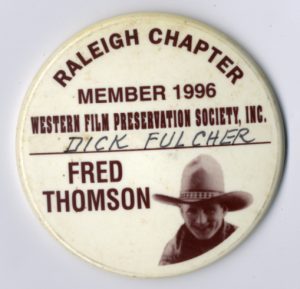“Over the course of my career [as police chief in New York, Philadelphia and Miami, the lament I heard repeatedly from citizens was] ‘the only thing I really want is a cop on the beat, like the guy who patrolled the streets when I was growing up.’
“I found this lament was not of recent vintage…. My research [finally] took me to Hollywood, where I think I found our missing beat officer. His name was Officer McShane. He walked a foot beat in the 1945 movie ‘A Tree Grows in Brooklyn.’ Officer McShane knew the problems of the people on his beat intimately. He was around day and night, and he looked after the neighbors on his beat, including the family with the alcoholic father and exasperated wife and two adorable little girls. Eventually and predictably, the father dies from his affliction and Officer McShane is there to ease the widow’s pain….
“Yes, I found the beat officer, or should I say, I found the myth…. It is the job of every police officer and every police chief to help make the myth a reality, or at least make the ideal a goal.”
— From “Beat Cop to Top Cop” by John F. Timoney (2010)
Perfectly cast as McShane in the movie version of Betty Smith’s novel: Lloyd Nolan (no relation to the protagonistic Nolans).
Tip o’ the Miscellany mortarboard to delanceyplace.com


